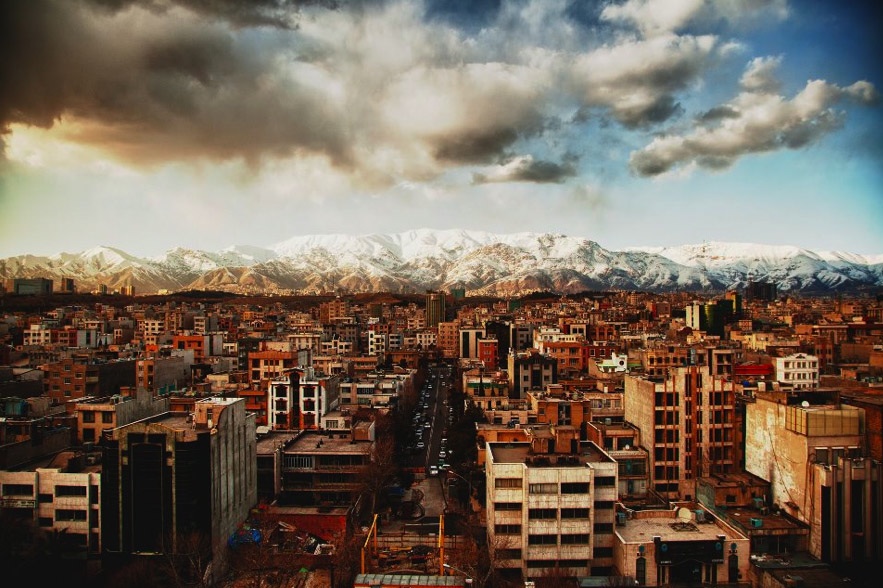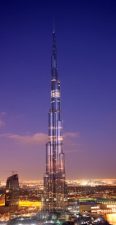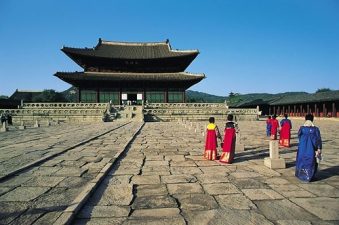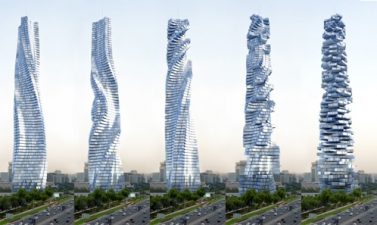 It may surprise many Iranians living in the country’s dense and sprawling desert capital to know that millions of cubic liters of water are wasted every day. But where? Underground mostly, although occasionally modern construction projects smack up against an ancient irrigation system called quanats, resulting in devastating water losses and other destruction.
It may surprise many Iranians living in the country’s dense and sprawling desert capital to know that millions of cubic liters of water are wasted every day. But where? Underground mostly, although occasionally modern construction projects smack up against an ancient irrigation system called quanats, resulting in devastating water losses and other destruction.
How to revive one of the world’s most sustainable water irrigation systems that only relies on dynamic aquifers is the focus of an upcoming workshop in Tehran entitled Mesopolis. Although months away, the September workshop led by HydroCity – a Toronto-based academic research team, could use a fiscal boost.
The Root of Iranian Civilization
“The quanats are at the root of the Iranian Civilization, without which we would not exist as a people,” Iranian architect and HydroCity director Sara Kamalvand explained to Green Prophet in a recent email.
“Modernization has had the power to erase, in a short time span of 50 years, the most vital element of our society. We are critical of this kind of culture that erases identity, that erases everything. Tehran has become a generic city, and re-appraising these invisible ruins, is a way to claim back the Iranian identity,” she added.
An irrigation system that passively collects melted snow, transporting it from the mountains to a once-thriving agricultural center, was deserted in the 1960s, but water continues to pulse through a complex network of 1,200 underground canals.
“The quanats of Tehran were abandoned at the wake of modernisation, the millions of cubic liters of water they drain goes to waste everyday. But apart from being discarded, they are being destroyed by the construction of new tunnels being built for highways. The water starts accumulating behind the tunnel’s wall and rises so much so that recently buildings have suddenly shattered over-night.”
Meanwhile, 27 people die every day as a result of Tehran’s chronic pollution problem. Architects, artists, private organizations and government officials will be invited to envision ways to revive this ancient system in order to plant green spaces and improve the city’s air quality.
“We hope to get Mr Ghalibaf, the mayor of Tehran involved, as well as the Bureau for Green Spaces,” says Sara.
In addition to reviving the near-mythical Persian gardens, planting desert-adapted plants and trees throughout the city could potentially absorb millions of tons of greenhouse gases emitted into the atmosphere each day – to both local and global benefit.
Not only that, but given the global phenomenon of depleting water sources, wasting any of it is an absolute travesty.
One percent of the world population lives in Iran, which only has 0.36 percent of the share of renewable groundwater, and a recent report issued by the Arab Forum for Environment and Development (AFED) reveals that the Middle East could face severe water scarcity as early as 2015.
The Mesopolis workshop will take place at the University of Tehran from 16-22 of September in partnership with the Sustainable Development for Cities program at the Ecole Spéciale d’ Architecture in Paris. Please contact HydroCity if you would like to attend or otherwise lend your support.
images via HydroCity
More on Iran’s Urban and Water Issues:
Iran Lacks Water Planning
NASA’s Before and After Images of Iran’s Shrinking Lake Urmia
Iranian Artists Fight Smog with Tehran Monoxide Project




